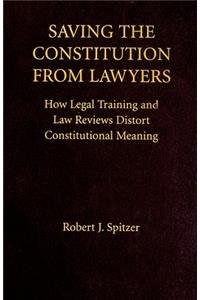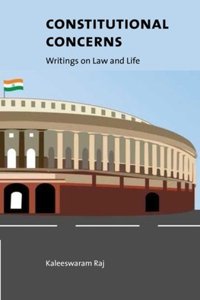Only logged in customers who have purchased this product may leave a review.
Sale!
Access Regime (Hardback) | Released: 01 Apr 2016
By: Feroz Ali (Author) Publisher: Oxford University Press, USA33.00% Off Original price was: 650.00$.436.00$Current price is: 436.00$.
You save 214.00$
India’s post-TRIPS (Trade Related Aspects of Intellectual Property Rights) patent law reforms, which incorporates a remarkable array of flexibilities, is seen as a counter-harmonization measure in direct opposition to the dominant model of patent law pioneered by the United States. Indiaas response, which represents an alternative model of confirming to... Read More
In stock
Ships within 1-2 Business Days

100% Orginal Books

Easy Replacement

Certified product

Secure Checkout

On time delivery
Author:
![]()
Feroz Ali
Publisher Name:
![]()
Oxford University Press, USA
Language:
![]()
English
Binding:
![]()
(Hardback)
About The Book
India's post-TRIPS (Trade Related Aspects of Intellectual Property Rights) patent law reforms, which incorporates a remarkable array of flexibilities, is seen as a counter-harmonization measure in direct opposition to the dominant model of patent law pioneered by the United States. Indiaas response, which represents an alternative model of confirming to the TRIPS Agreement, has seen stiff resistance in the form of counter-provisions in Free Trade Agreements entered by the United States and other countries. Historically, patent systems based on neoliberalism, like the American model, favour individual pursuits whereas patent systems based on social democracy, like the Indian model, focus on community goals. This distinction manifests in the manner in which the role of the public is defined in the patent system. Indiaas model is characterized by the emphasis on the public elements in three significant ways. First, in redefining pre-grant opposition by allowing public participation in questioning the ex ante validity of patents. Second, in protecting the public domain by heightening the standard of patentability and requiring the patent applicant to demonstrate technical advance and greater effectiveness of the invention. Third, in providing for compulsory licensing when the public interest is affected by a patent that is not worked locally. The influence of the Indiaas model has come from mimicry by other countries in following the Indian example. Countries like Argentina, Philippines, Brazil, China and South Africa have either emulated or strongly favour following Indiaas path. Such state practices might occasion the re-imagination of the TRIPS Agreement as the Access Regime. This book explains why India took that unique route in patent law, details the provisions made the Indian patent law unique, and charters the course for countries awaiting to follow the Indian example.About the Author: Feroz Ali, Ministry of Human Resource Development Intellectual Property Rights Chair at the Indian Institute of Technology Madras Feroz Ali is a Ministry of Human Resource Development Intellectual Property Rights Chair at the Indian Institute of Technology MadrasTable of Contents: Preface
Acknowledgements
List of Abbreviations
List of Acts and Statutes
Table of Cases
Introduction
I The Public in Patent Law
1. Patent System, Constitution, and the Public
2. The Resurgence of the Public
II How India Reinstated the Public in Patent Law
3. Pre-grant Opposition: Ex Ante Validation of Patents
4. Heightened Standards of Patentability: Raising the
Bar on Inventions
5. Compulsory Licensing: Local Working in
Global Economy
III Reimagining the TRIPS as an Access Regime
6. The Fault Lines of Harmonization
7. The Access Regime: Creation, Working, and Pathways
Bibliography
Index
About the Author










Reviews
There are no reviews yet.